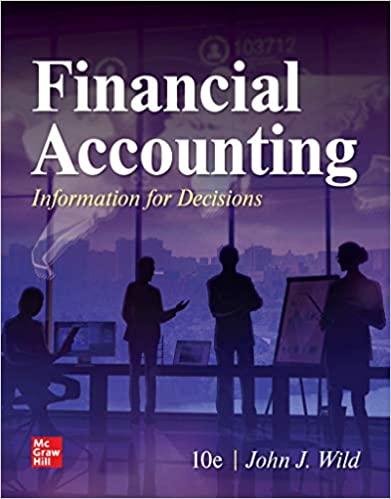Question
Hatfield Medical Supplies's stock price had been lagging its industry averages, so its board of directors brought in a new CEO, Adam Lee. Lee asked
Hatfield Medical Supplies's stock price had been lagging its industry averages, so its board of
directors brought in a new CEO, Adam Lee. Lee asked for the company's long-run strategic
plan; when he learned that no formal plan existed, he decided to develop one himself. Lee had
brought in Rick Novak, a finance MBA who had been working for a consulting company, to
replace the old CFO, and he asked Rick to develop the financial planning section of the strategic
plan. In his previous job, Novak's primary task had been to help clients develop financial
forecasts, and that was one reason Lee hired him.
Novak began as he always did, by comparing Hatfield's financial ratios to the industry
averages. If any ratio was substandard, he discussed it with the responsible manager to see
what could be done to improve the situation. Figure MC-1 provides Hatfield's latest financial
statements plus some ratios and other data that Novak plans to use in his analysis. Notice that
the figure is extracted from an Excel spreadsheet. Novak learned back in his university days
that, because of interactions among variables, any realistic financial forecast must be based on
a computer model. (The model is available to your instructor on the textbook's Web site.) Of
course, he is also aware of the well-known computer axiomgarbage in, garbage out (GIGO).
Novak therefore plans to discuss the model's inputs carefully with Hatfield's operating managers,
individually and also collectively in the company's financial planning conference.
a. Do you think Adam Lee should develop a strategic plan for the company? Why? What
are the central elements of such a plan? What is the role of finance in a strategic plan?
b. Given the data in Figure MC-1, how well run would you say Hatfield appears to be in
comparison with other firms in its industry? What are its primary strengths and weaknesses?
Be specific in your answer, and point to various ratios that support your position.
Also, use the Du Pont equation (see Chapter 3) as one part of your analysis.
c. Use the AFN equation to estimate Hatfield's required new external capital for 2011 if
the 15% expected growth takes place. Assume that the firm's 2010 ratios will remain the
same in 2011.
d. Define the term capital intensity. Explain how a decline in capital intensity would affect
the AFN,
Step by Step Solution
There are 3 Steps involved in it
Step: 1

Get Instant Access to Expert-Tailored Solutions
See step-by-step solutions with expert insights and AI powered tools for academic success
Step: 2

Step: 3

Ace Your Homework with AI
Get the answers you need in no time with our AI-driven, step-by-step assistance
Get Started


